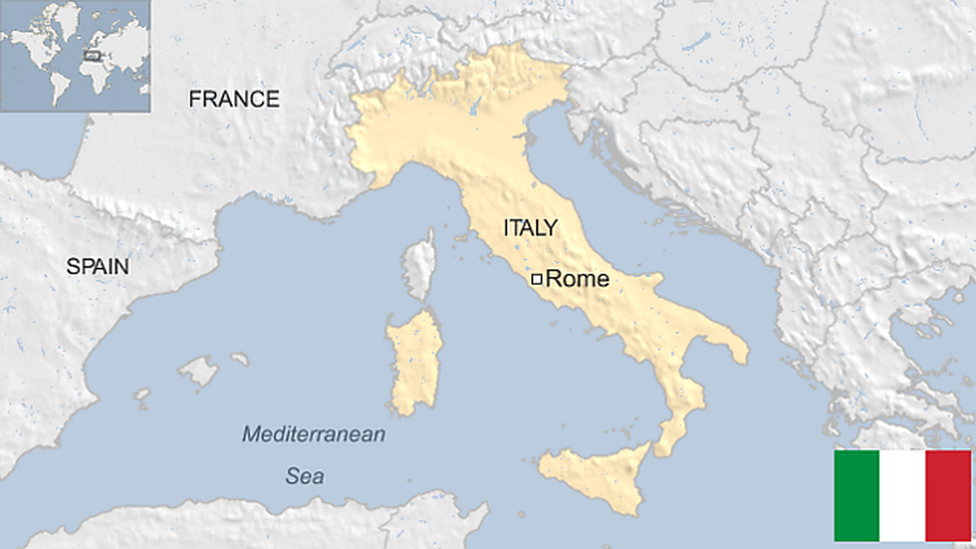Liechtenstein country profile
- Published
This page is no longer being updated. It was last updated on 12 July 2023
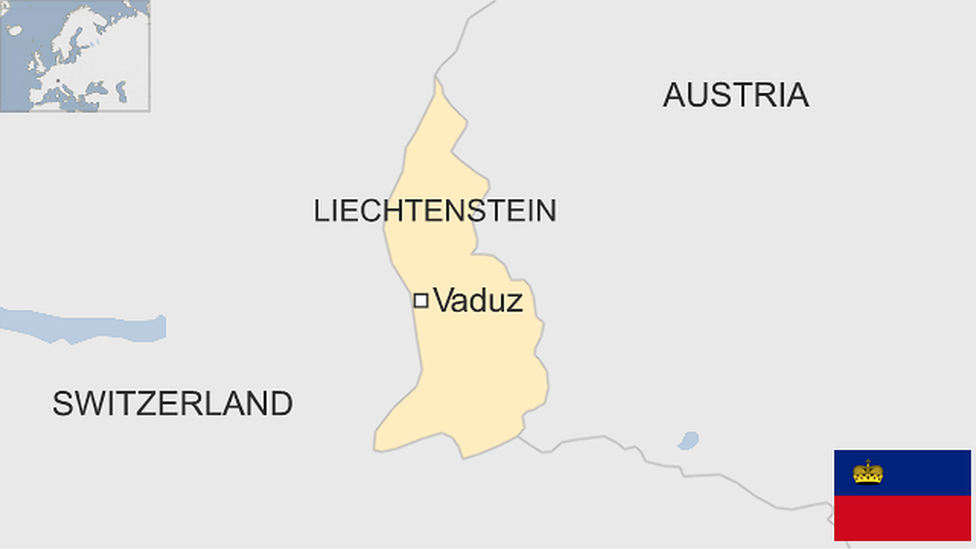
The Principality of Liechtenstein is a tiny, doubly-landlocked country tucked away between Switzerland and Austria and with mountain slopes rising above the Rhine valley.
It owes much of its wealth to its traditional status as a tax haven, though it has in recent years taken steps to shake off its image as a tax haven and to reposition itself as a legitimate financial centre.
Economically, it has one of the highest levels of gross domestic products (GDP) per person in the world.
The country has come through a lengthy political wrangle over the role and power of the hereditary monarchy.
After an often bitter campaign, the people voted in March 2003 in a constitutional referendum to give Prince Hans-Adam sweeping new political powers. The following year he handed over practical power to his son, Crown Prince Alois.
Read more country profiles , external- Profiles by BBC Monitoring
PRINCIPALITY OF LIECHTENSTEIN: FACTS
Capital: Vaduz
Area: 160 sq km
Population: 38,300
Language: German
Life expectancy: 80 years (men) 85 years (women)
LEADERS
Head of state: Prince Hans-Adam II
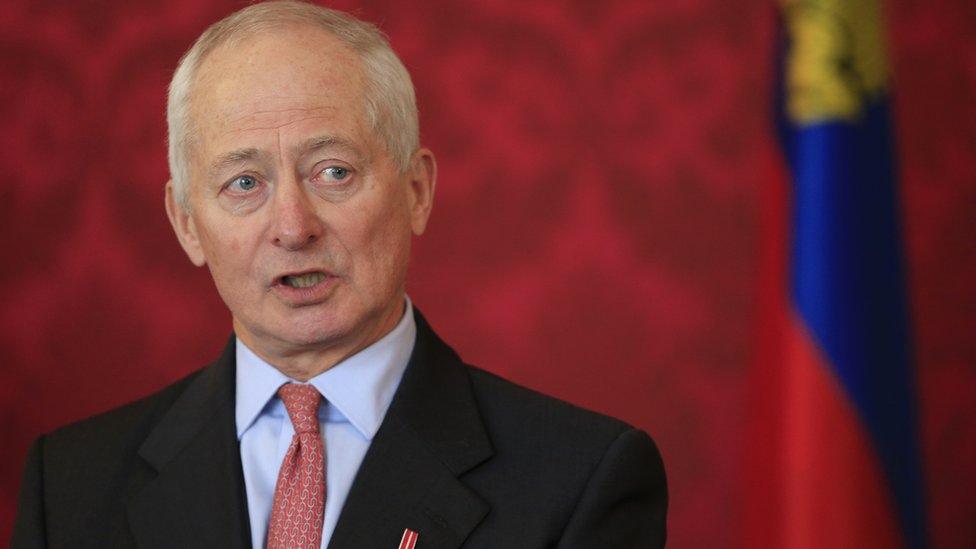
Prince Hans-Adam, a successful banker, became head of state following the death of his father, Prince Franz Josef, in 1989.
In August 2004 he handed over the day-to-day running of the principality to his son, Crown Prince Alois, while remaining titular head of state.
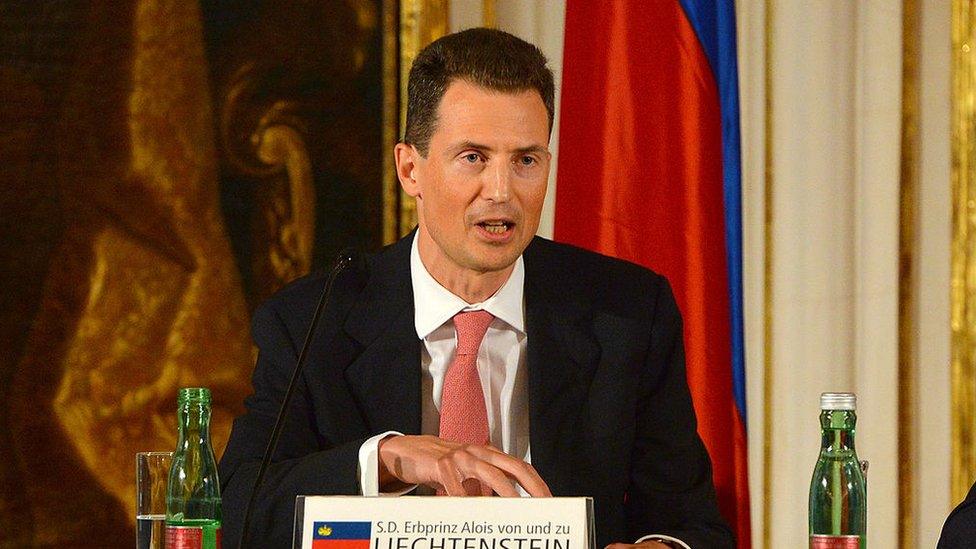
Prince Alois has been regent of the country since 2004
In 2003 the royals won sweeping new powers in a constitutional referendum, which gave them the power to veto parliamentary decisions and to sack the government.
MEDIA
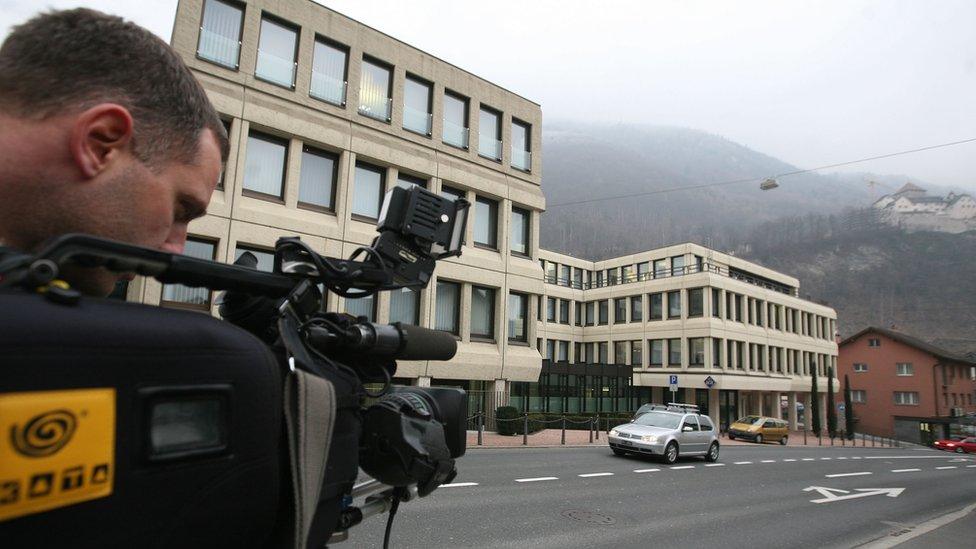
Liechtenstein has a very sparse media scene, with the circulation figures of its newspapers at around 10,000 or less.
Its citizens rely on foreign and satellite broadcasters for most TV and radio services.
There were 38,300 internet users by July 2022, equal to 100% of the principality's population (Worldinternetstats.com).
Press
Liechtensteiner Vaterland, external
Liechtensteiner Volksblatt, external
Radio
TIMELINE
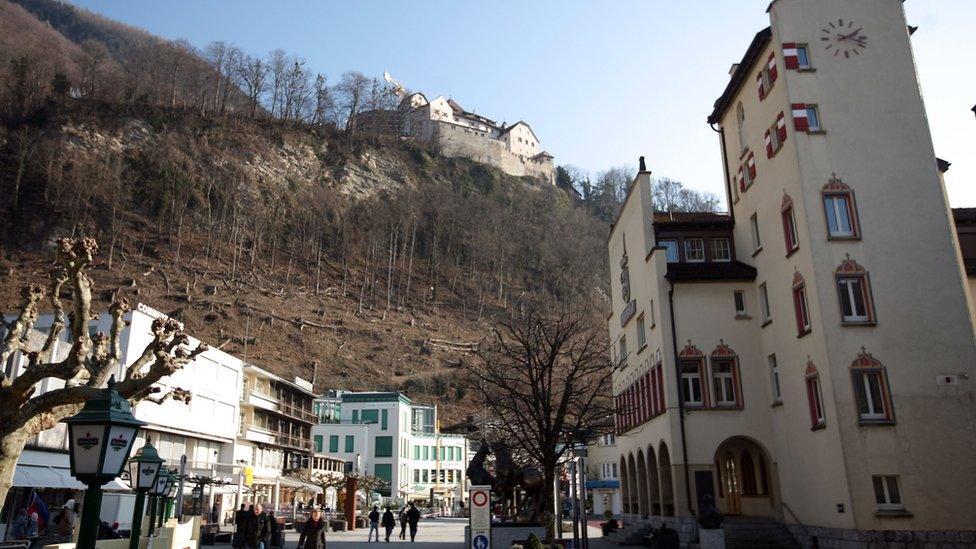
Vaduz and Vaduz Castle - home of Liechtenstein's royal family
Some key dates in the history of Liechtenstein:
1719 - Liechtenstein acquires its present name and becomes an independent principality of the Holy Roman Empire.
1815 - Liechtenstein becomes a member of the German Confederation until 1866.
1866 - Liechtenstein becomes fully independent.
1919 - The Hapsburg monarchy of Austria is abolished. Switzerland replaces Austria as the representative of Liechtenstein's interests abroad.
1921 - Liechtenstein adopts the Swiss franc as its currency.
1923 - Liechtenstein enters customs union with Switzerland.
1938 - Prince Franz Josef II ascends to the throne.
1939 - Outbreak of World War Two. Liechtenstein remains neutral.
1984 - Prince Franz Josef II hands over executive power to his son, Crown Prince Hans-Adam II. A referendum grants women the right to vote in national elections - the last country in Europe to do so.
1989 - Franz Josef dies. He is succeeded by Hans-Adam.
1990 - Liechtenstein joins the United Nations.
1991 - Liechtenstein joins European Free Trade Association.
2002 - Liechtenstein faces sanctions threat after OECD includes it among list of seven states failing to meet financial transparency and information exchange standards.
2003 - People vote in referendum to give sweeping new political powers to Prince Hans-Adam.
2004 - Hans-Adam hands over day-to-day running of Liechtenstein to his son Prince Alois while remaining head of state.
2005 - International Court of Justice throws out Liechtenstein's claim for damages from Germany over assets it claims were handed by Germany to Czechoslovakia in 1945.
Government-commissioned report finds that Liechtenstein's banks' dealings with Nazi Germany during World War Two were above board. It also finds that slave labour from Nazi concentration camps was used on Crown estates in Austria, but describes the principality as a bystander rather than a perpetrator.
2009 - Signs agreements on the sharing of financial information with a number of countries including the US, UK and Germany. OECD removes Liechtenstein from a blacklist of countries uncooperative on tax matters.
2011 - Alois sparks controversy by threatening to veto a proposal to decriminalise abortion if approved in a referendum - ultimately the move to legalise abortion is rejected by voters.
2015 - EU and Liechtenstein sign an agreement to automatically exchange financial information in case of tax disputes.

The princely castle sits high above Vaduz, which is one of Europe's smallest capitals
Related topics
- Published19 June 2023
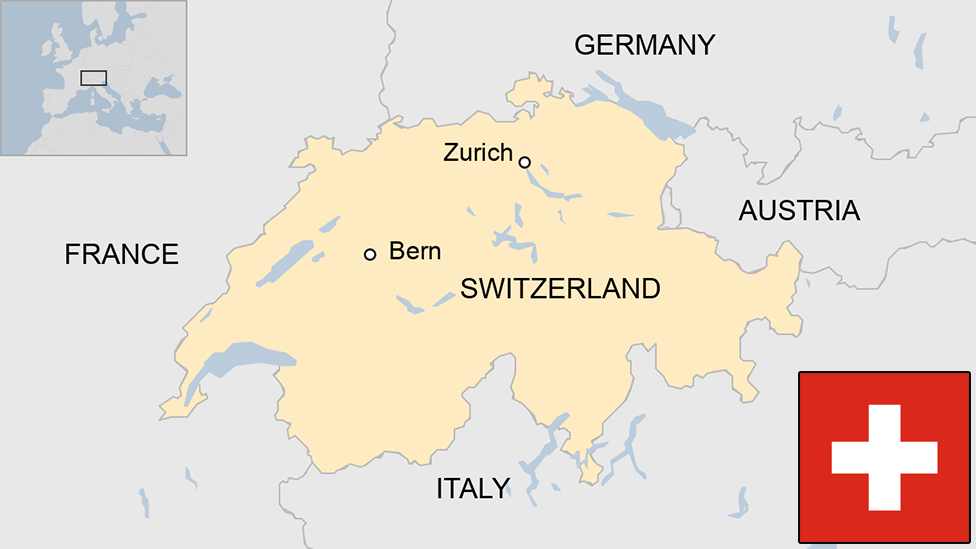
- Published9 January 2024
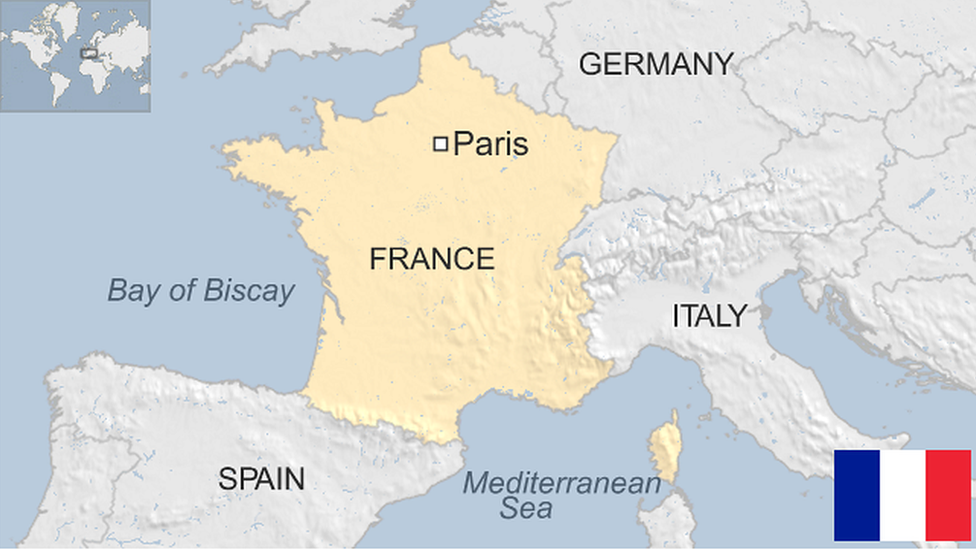
- Published4 September 2023
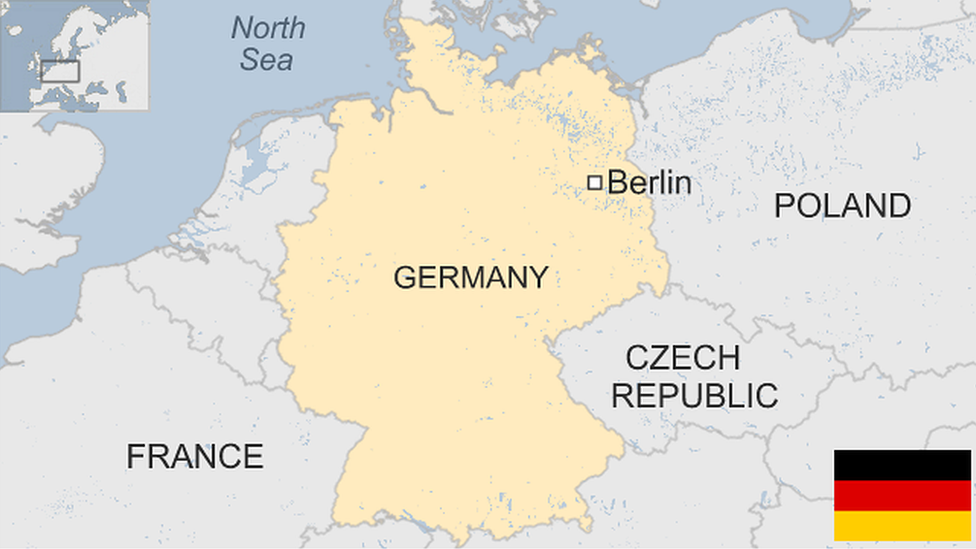
- Published14 April 2023
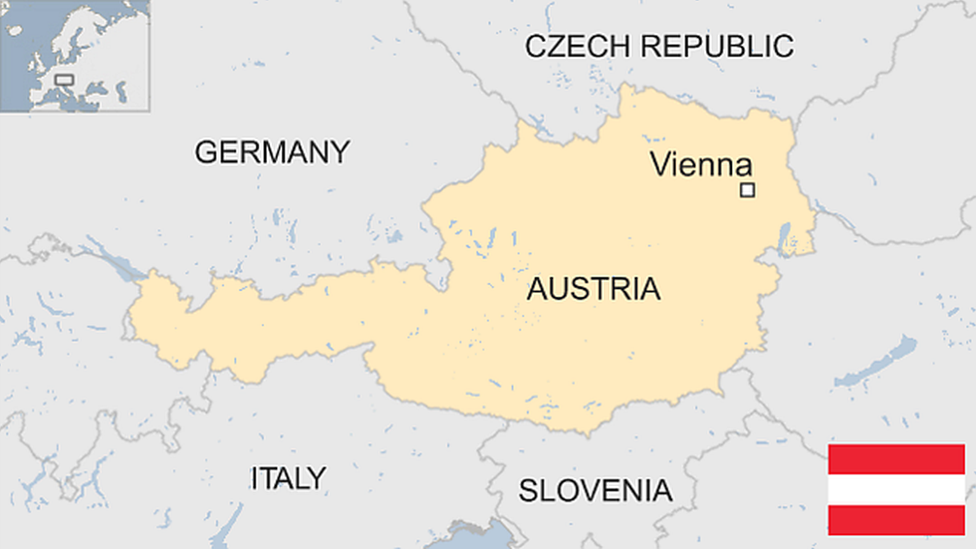
- Published4 October 2023
